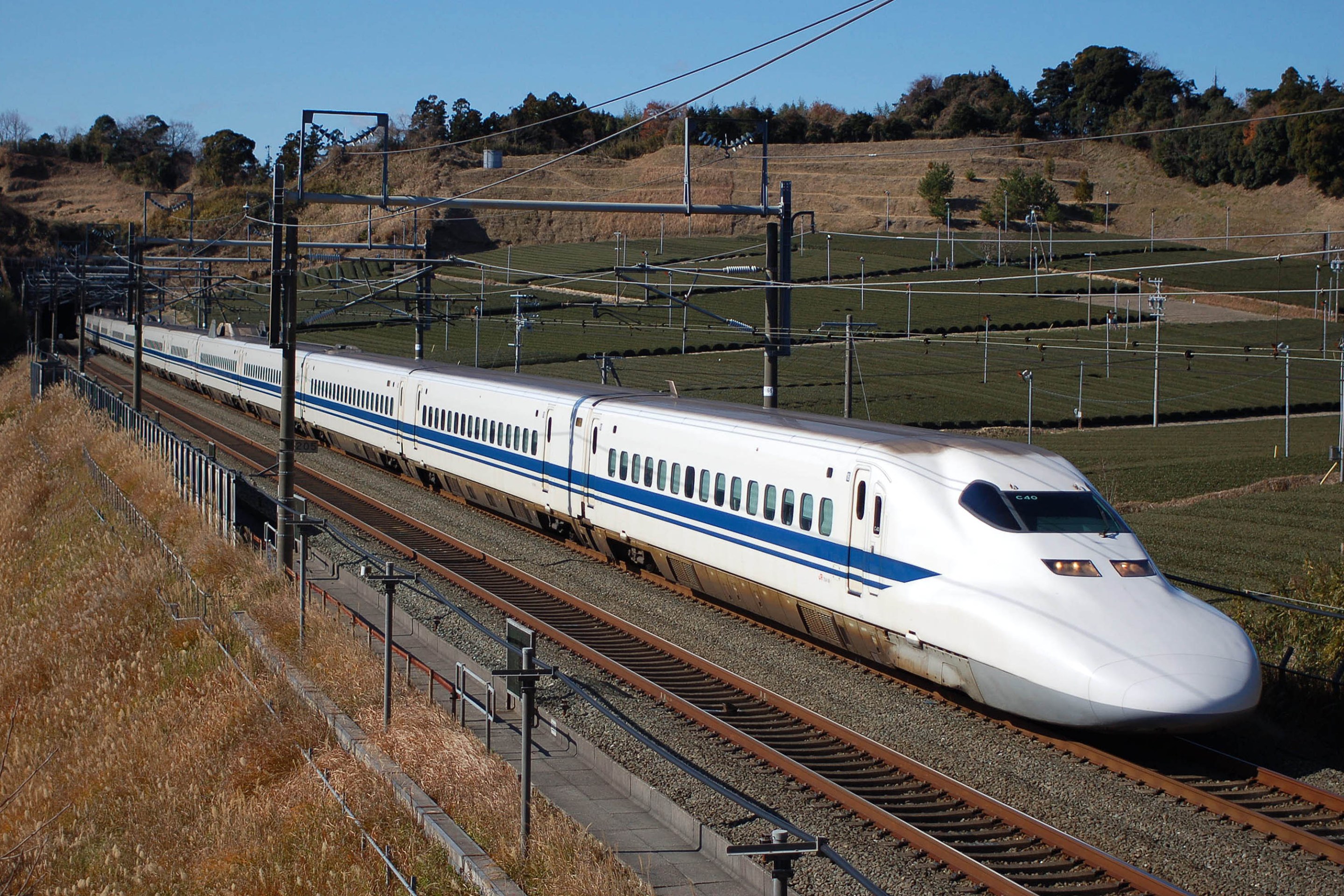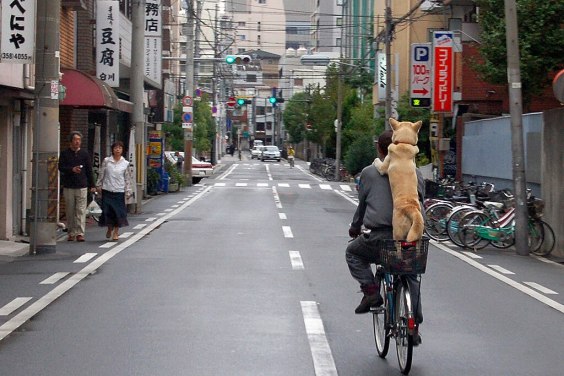We got an e-mail yesterday from network member James Rowen, who writes the Political Environment
blog in Milwaukee. Rowen wanted to be sure we hadn't missed his recent
posts on last week's ruling by U.S. District Judge Lynn Adelman (we had
-- so thanks for the heads-up).
Adelman's ruling could delay
or halt the ongoing widening of Wisconsin's Highway 164, a project
that's been carried out by state and federal transportation agencies
over the last few years over much community protest. The judge found
that the expansion had not been properly justified by the environmental
impact study conducted in 2001. (Read more about the case here and here; download the full ruling here).
The legal challenge to the widening was brought by the Highway J Citizens Group, which Rowen describes as "homeowners, farmers, and
everyday rural and suburban folk." He writes:
It says a lot about the way that federal and state governments havebeen forcing highway expansion onto the land and the general publicthat citizens have had to resort to litigation to get officials tofollow the law, and to ensure an open process, when public funds,public hearings, public projects and public property are all in play.…
[I]t shouldn't have come to this: governors of both parties in Wisconsin have given their WisDOT administrators carte blancheto tear up the land, pave the tax base, spend billions, overbuildhighways, bypasses and freeways, and enrich contractors, with littleregard to the interests of everyday taxpayers and the landscape.
So is there any chance that this sorry state of affairs is going to change? A post by Gary Toth at Making Places, the Project for Public Spaces blog, offers some hope.
Toth writes:
On Thursday, September 24, ContextSensitiveSolutions.org, an FHWA website managed by Project for Public Spaces, hosted an online Forum on Livability for the US Department of Transportation (USDOT). Inthis forum, USDOT detailed several new programs related to a newPartnership for Sustainable Communities among USDOT, the USEnvironmental Protection Agency (EPA) and the US Department of Housingand Urban Development (HUD) that promise to reshape developmentpatterns around creating stronger community centers, more compact,mixed-use and walkable environments, and enhanced transportationoptions. At the same time, these programs would focus development in existing developed areas and protect farmland and open space.
We hope that we will look back on this initiativeas a watershed moment in the history of transportation in America -- areturn to the idea that transportation investment should be aboutlivability and community outcomes, not simply moving vehicles.
Other news from around the network: Bike Portland writes about the growing pedestrian advocacy movement in that city. City Walkabout
posts on the importance of the stoop party in Pittsburgh. And Aaron
Renn continues his analysis of the putative Pittsburgh renaissance over
at New Geography.





